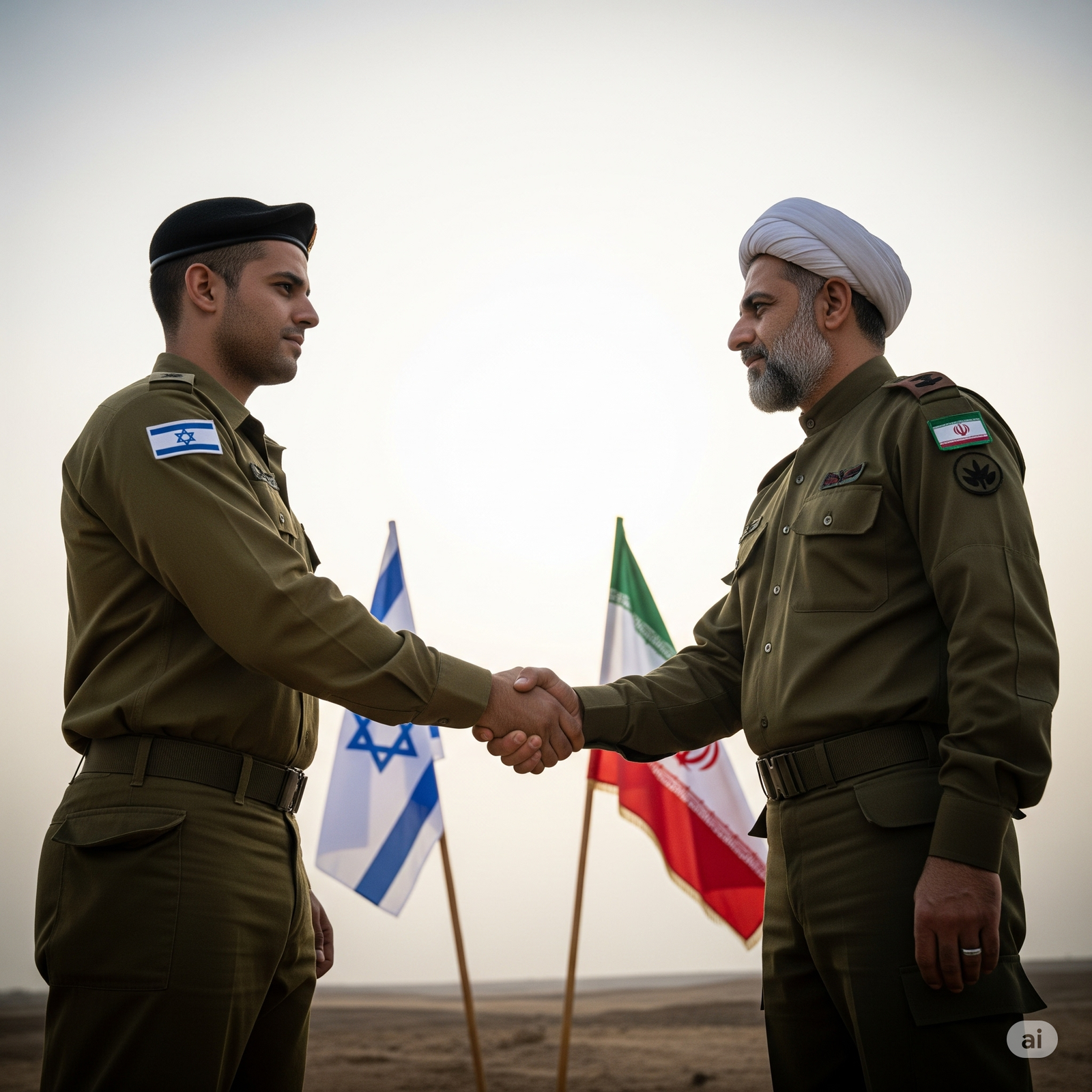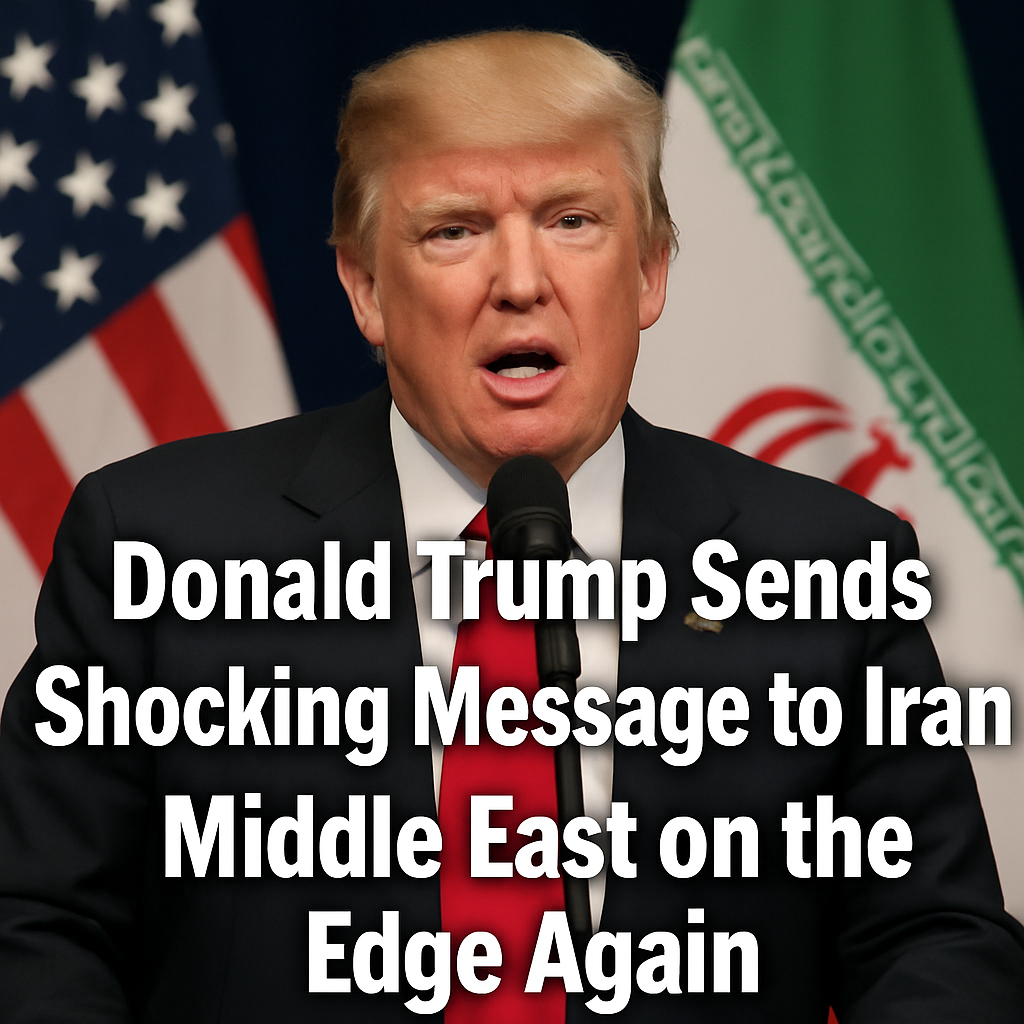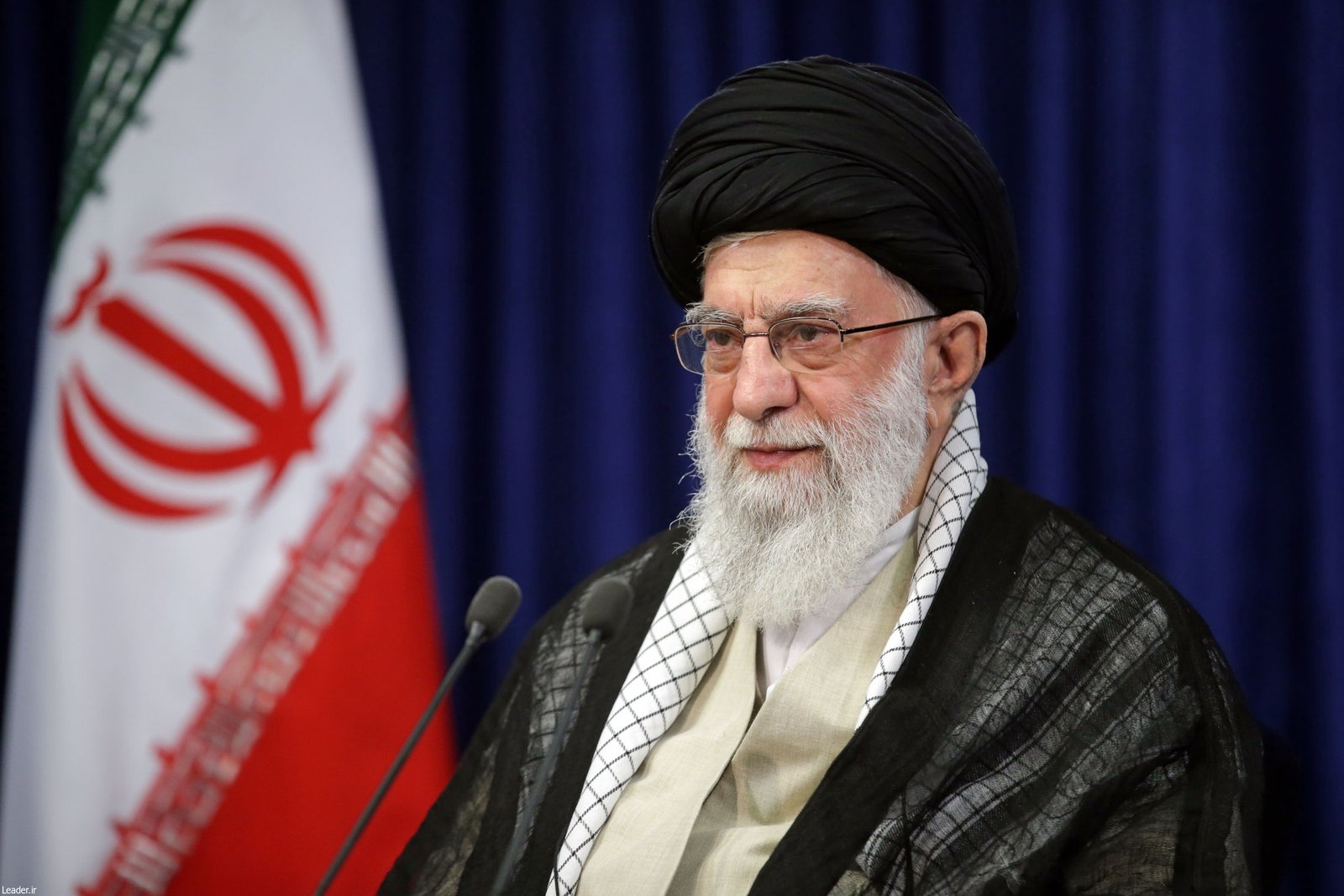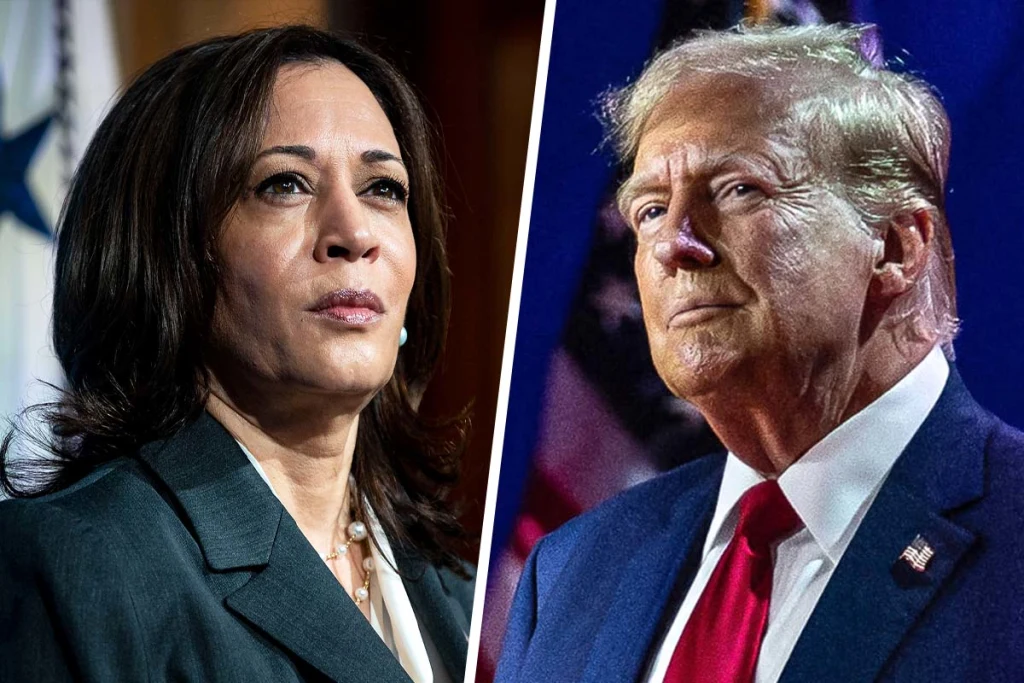
In recent days, international media has been abuzz with rumors of a potential de-escalation in tensions between Israel and Iran. Following the direct confrontations in April, the relative calm in the region has brought the word “ceasefire” back into the spotlight. But is this a true sign of peace, or merely the quiet before the next major escalation?
Peak Tension and Subsequent Calm
In April, Iran’s retaliatory missile and drone strikes on Israel, followed by Israel’s strikes on targets in Isfahan, brought regional anxieties to a peak. Many analysts feared these events would ignite a full-scale war. However, a degree of restraint shown by both sides, coupled with international pressure, prevented the situation from spiraling further.
Currently, neither Israel nor Iran has officially declared a ceasefire. Nevertheless, a noticeable reduction in the level of military operations has been observed. This situation is interpreted by some as a sign that diplomatic channels are at work, or that both countries are taking time to consider their next steps, factoring in domestic and international considerations.
What’s Behind the Ceasefire Claims?
Some regional experts suggest that the ceasefire claims stem from intensive diplomatic efforts by the United States and other Western countries. Both Washington and European capitals have ramped up pressure on both sides to prevent a wider conflict in the Middle East. There are also reports of activated indirect talks or intermediaries.
On the other hand, both Israel and Iran have their own internal political agendas and economic constraints. A prolonged war would undoubtedly inflict significant damage on both nations. These factors could also contribute to a temporary reduction in tensions.
Future Outlook: Calm or Peace?
While the current “calm” between Israel and Iran may be perceived as a ceasefire, it by no means guarantees lasting peace. Core regional issues – Iran’s nuclear program, Israel’s security concerns, and proxy forces in Syria and Lebanon – still remain pressing.
How the situation evolves in the future will depend on several factors:
- Diplomatic Efforts: Steps taken by regional states and international mediators to de-escalate tensions.
- Internal Politics: Domestic political changes and decision-making processes within both countries.
- Regional Events: Any new escalations related to the Hamas-Israel conflict or Hezbollah.
Currently, the phrase “Israel Iran ceasefire” indicates a reduction in military operations, but it appears to be a temporary calm. Given the unpredictable dynamics in the region, the situation could change at any moment. The international community continues to intensify diplomatic efforts to ensure lasting peace in the Middle East.







